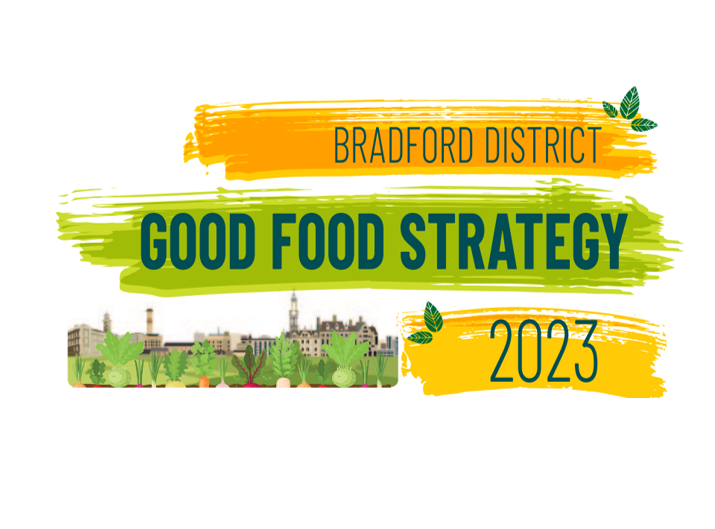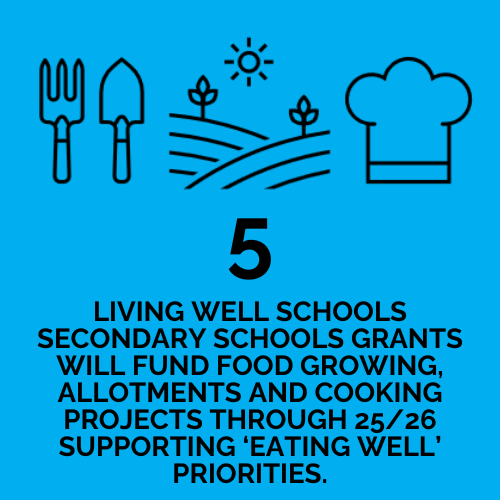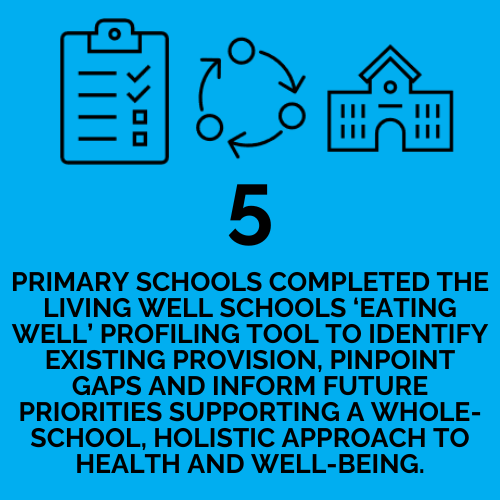
What we do:
This Living Well Schools priority will enable school leaders to build a culture of Eating Well within and beyond the school day, focusing on the provision of high-quality food, education, and messaging. Adopting a holistic approach to school food and nutrition will also include tackling food insecurities for children and young people and their families, supporting the community to access the support they need and reduce the associated barriers to learning. With a focus on the farm-to-fork process through growing and cooking in school, all children and young people will be afforded opportunities to develop positive relationships with food through enriching experiences, whilst building a culture of sustainability.







